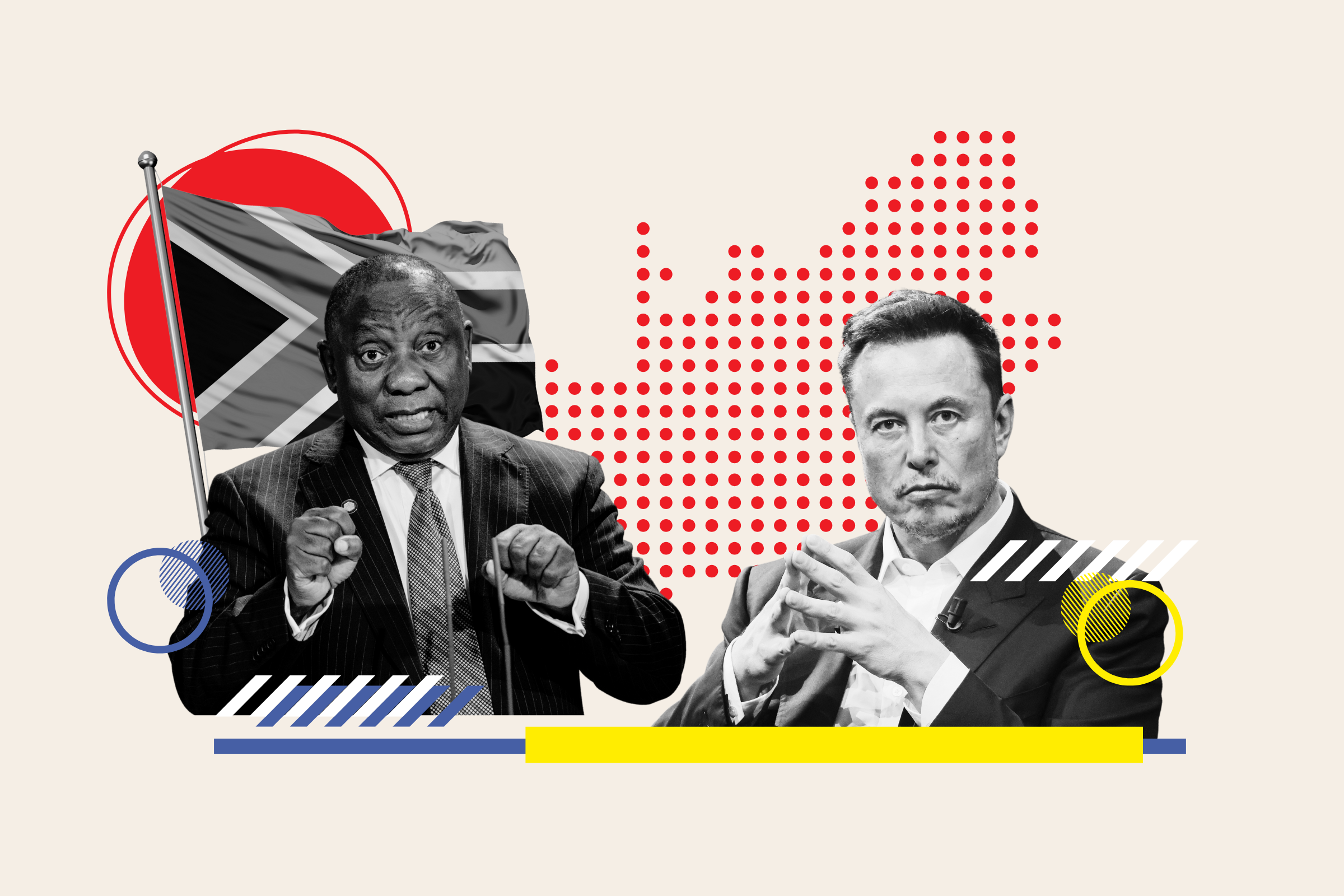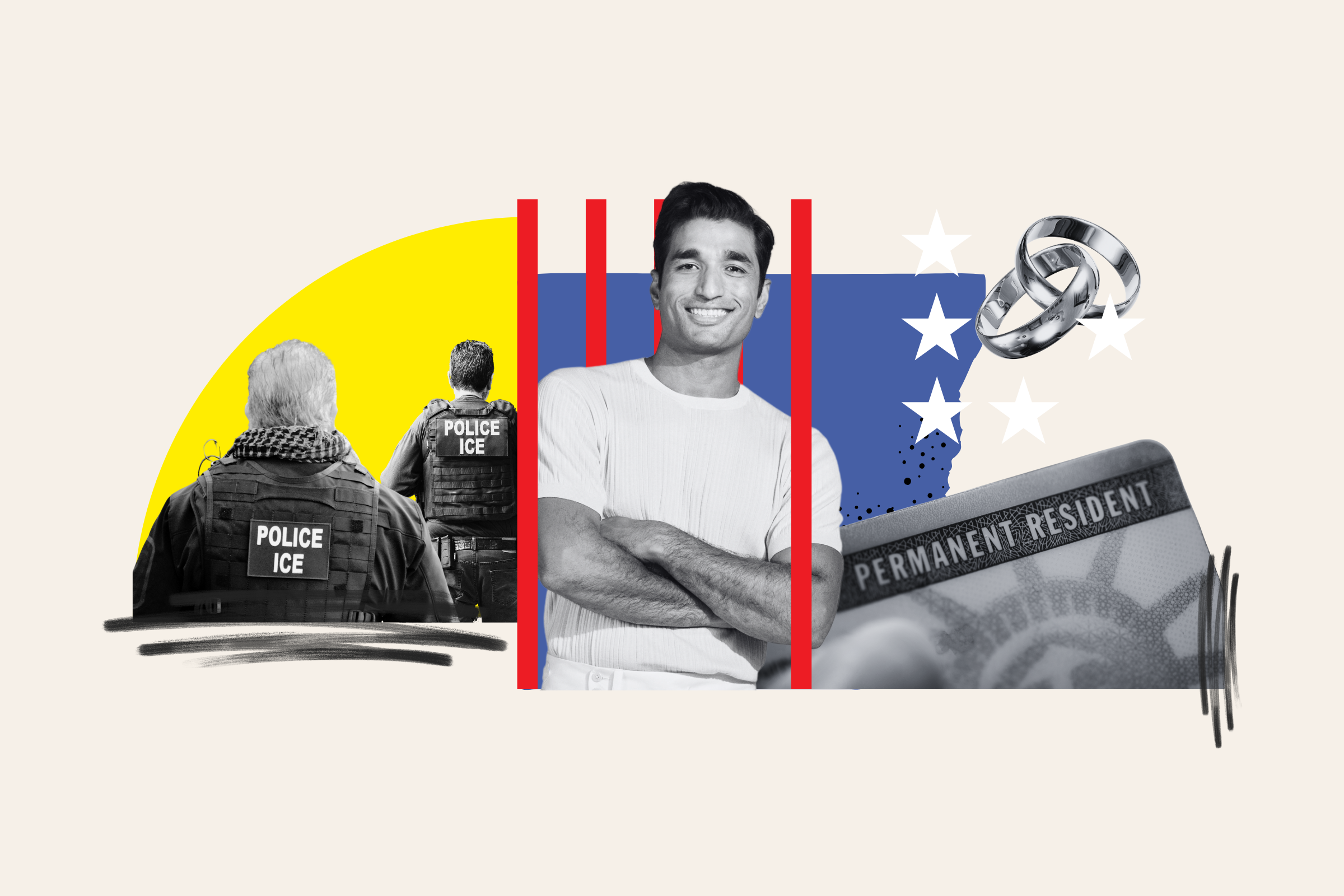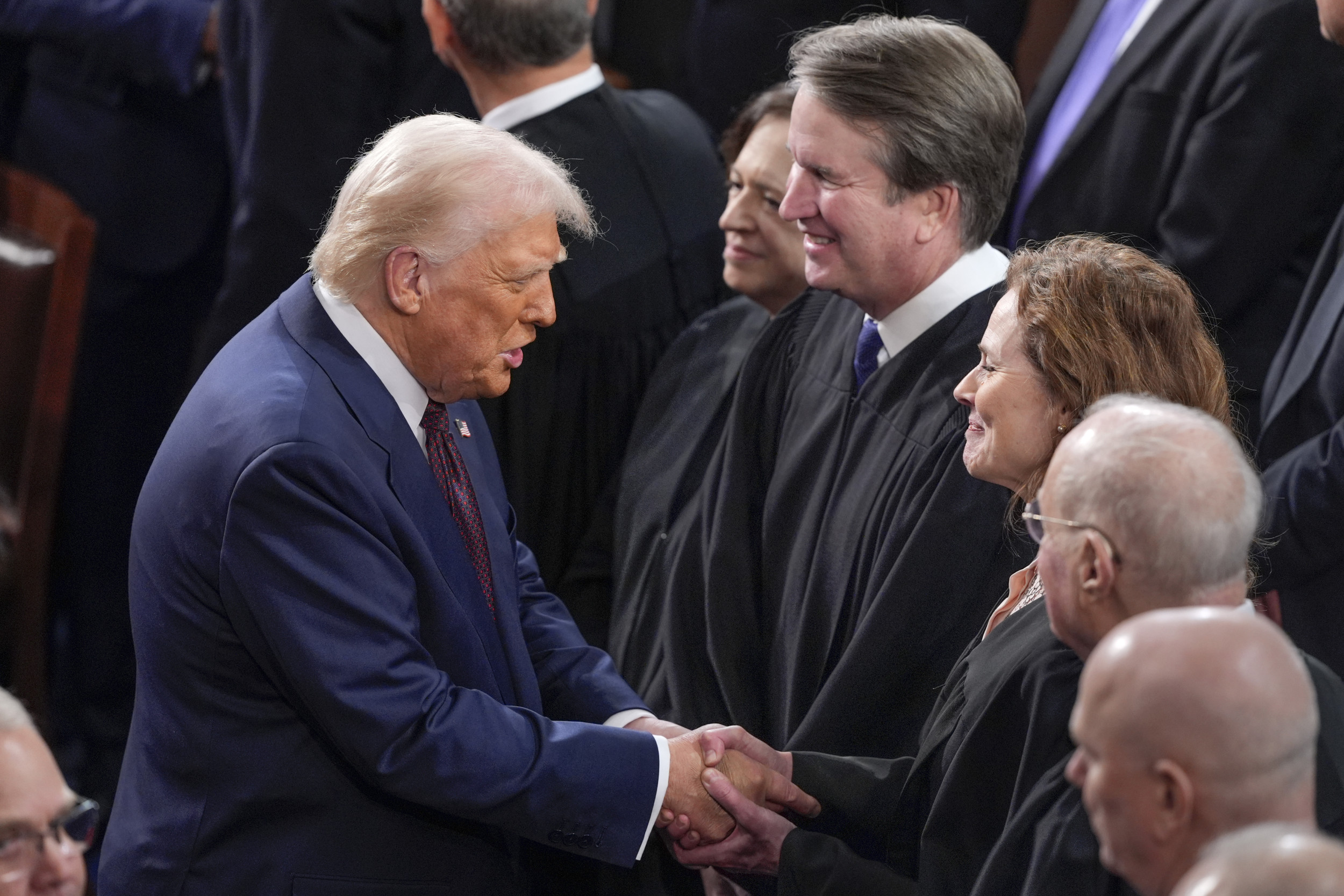🎙️ Voice is AI-generated. Inconsistencies may occur.
As the American eagle and Chinese dragon clash over tariffs that burned more than $10 trillion in global wealth, some are declaring the death of globalization.
But globalization isn't dying—it's just moving to the Middle East.
Only last week the United Arab Emirates and the European Union launched historic free trade talks; meanwhile, America is set to benefit from a combined $2.4 trillion of Saudi and Emirati investments. East is meeting West in the fields of energy, logistics, and international diplomacy—Riyadh is even hosting talks to shape the fate of Ukraine and Palestine.
The Gulf is emerging as the new hub of globalization, and may be willing to offer African countries deals without Western moralizing or Chinese debt traps.
Let's consider China's Belt and Road initiative—which once promised to transform Africa. In the end, Kenya got a $3.6 billion railway to nowhere. Angola? A $3.5 billion ghost town. Bad investments Africans now pay for while Beijing seeps our mineral wealth and builds military outposts when we can't settle our debts.
The Gulf appears to be playing a different game. Its initiatives seek returns, not control.
Gone are the days when Gulf capital came with cultural strings, like Real Madrid dropping the cross from its logo or IKEA publishing women-free catalogs in Saudi Arabia. And as the Gulf pivots from oil wealth to international influence, its sovereign funds are moving to secure long-term returns.
Take their corporate ventures. This year, the Saudi Agricultural and Livestock Investment Company acquired a controlling stake in Singapore's Olam Agri: a $4 billion move bolstering Southeast Asia's food security. In Brazil too, the Emirati EDGE Group expanded the Gulf's presence in the defense technology sector by investing in Condor Non-Lethal Technologies, half of whose products are exported back into the Middle East and Africa.
Nowhere is the Gulf's footprint more visible than in Europe. The Abu Dhabi National Oil Company (ADNOC) is close to finalizing a $15 billion acquisition of Covestro, Germany's sustainable chemicals giant. Despite Covestro's output contributing nearly 5 percent of Germany's GDP, Berlin hasn't blinked—Germany urgently seeks secure capital and energy flows following Putin's invasion of Ukraine.
With a $150 billion investment strategy through 2027, ADNOC is positioning itself to become one of Europe's most influential financial players. And if the EU clears the Covestro deal, it would lay the groundwork for ADNOC's even bigger play: a $60 billion merger with Austria's OMV to create a global petrochemical powerhouse.
Europe is locking arms with the Gulf and reaping the rewards. But can Africa match that success?

Back in 2023, companies from the Gulf Cooperation Council announced 73 investment projects in Africa amounting to more than $53 billion. It was a promising start. But with Africa facing a $170 billion annual infrastructure gap and a $2.5 trillion climate finance shortfall, we need bigger capital volumes, and fast.
As the technical adviser to the Nigerian government, I've seen the power of good investments. Last year, our fintech firm Moniepoint secured $110 million from Western backers. We also secured $600 million from Denmark's A.P. Moller-Maersk to modernize Nigerian seaports, cut congestion, and improve our standing in global maritime logistics.
But to fully capitalize on Africa's geopolitical edge and vast untapped resources, we must become more attractive to Gulf investors whose enthusiasm has waned. Their reasons are understandable; fragile infrastructure, inconsistent regulation, corruption, conflict, and volatile currencies have made long-term investments risky.
This is why Africa urgently needs a new financial operating system—one that signals seriousness, stability, and scalability to the Gulf's increasingly strategic investment class.
The first step is instituting a Pan-African Investment Protocol—a legal framework unifying the continent's 54 disparate states to cut red tape, guarantee investor protections, and enforce agreements continent-wide. Think of it as Africa's answer to the European Economic Community, underwritten by a strong African Union mandate.
Such a protocol would streamline investments, eliminate legal gray zones, and make it easier for Gulf capital to scale across African markets. But technocratic will isn't enough. We also need political courage from regional economic communities like the Economic Community of West African States and the East African Community to build a unified vision that secures broader prosperity.
This means creating Special Economic Zones (SEZs)—high-performance hubs governed by digital-first laws, infrastructure-driven planning, and investor-grade dispute resolution. Dubai, Singapore, and Shenzhen have proven how SEZs can transform urban zones into global trade and tech hubs in mere decades.
Nigeria is already a trailblazer in that regard. The Lekki Free Trade Zone and Snake Island Integrated Free Zone show what's possible.
We need to replicate these zones across the continent, not just in isolated enclaves. We must build cities where burdensome bureaucracies take a back seat, where energy supplies are reliable, and where land rights are clear.
If Africa creates the right investment landscape to attract the Gulf's capital, we could finally break our cycle of stagnation.
We must plug into globalization's new engine—or watch the world reshape itself without us. This is not just an economic opportunity. It is a test of Africa's will to lead, not follow, in the next chapter of globalization.
Ure Utah is the Technical Advisor to Nigeria's Minister of Innovation, Science and Technology Minister, Chief Uche Nnaji, and leader of the Nigeria Forward Initiative. She is also the founder of Bridge Sinergy.
The views expressed in this article are the writer's own.



